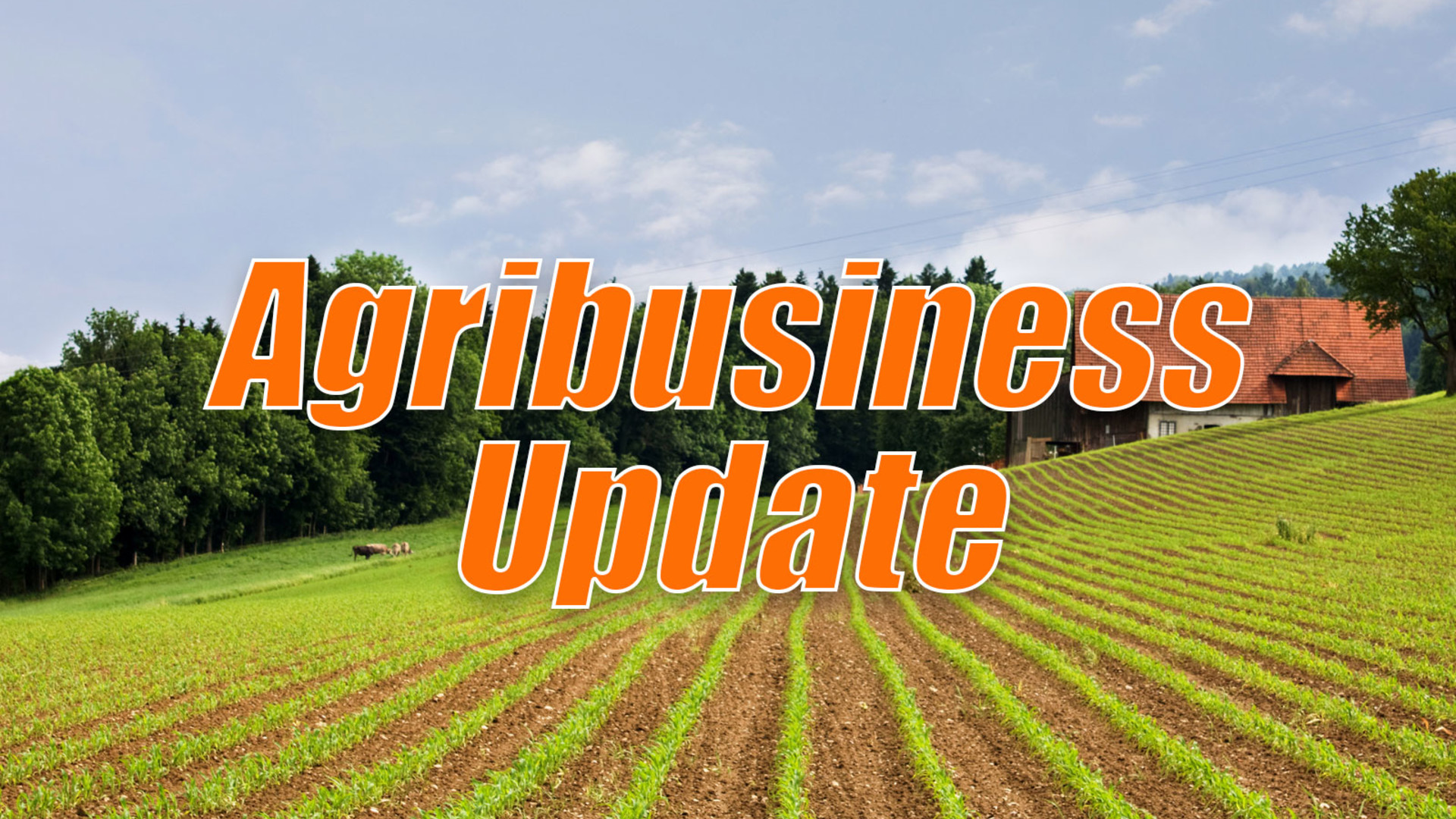




Russell Boening, a full-time farmer and rancher from Wilson County, Texas, has issued a strong call for Congress to prioritize the passage of a new farm bill, highlighting the dire economic challenges facing farmers today. According to Boening, farmers are currently experiencing the worst economic downturn since the 1980s, with a recent USDA report revealing a staggering 23% drop in net farm income since 2022 [c616bdf2]. This alarming trend has resulted in the loss of 141,733 farms and 20 million acres of farmland over the past five years [c616bdf2].
Boening criticized Congress for its failure to prioritize the farm bill, noting that a letter from all 50 state Farm Bureaus, sent on September 20, 2024, went unaddressed [c616bdf2]. He emphasized that without legislative action, the entire economy and food security of the nation are at significant risk. The FARM Act, proposed by Congressman Trent Kelly (R-MS), is seen as critical for providing much-needed economic assistance to farmers during this challenging time [c616bdf2].
In a broader context, U.S. Senator Debbie Stabenow has also been vocal about the need for a bipartisan Farm Bill, which she believes is essential for supporting farmers, families, and rural communities [e427041d]. Stabenow has pointed out the interconnected challenges faced by rural areas, including healthcare access, mental health services, and the impact of climate change on farming [e427041d].
Adding to the urgency, the National Cotton Council (NCC) has expressed strong opposition to any supplemental spending package that does not include short-term assistance for farmers. NCC Chairman Joe Nicosia has urged Congress to negotiate for economic support, highlighting that producers could face losses of up to $300 per acre due to high production costs and low prices [287a6982]. The NCC warns that failure to provide support could lead to farm closures in 2025, significantly impacting the rural economy [287a6982].
In a related development, the National Association of Farm Broadcasting (NAFB) has urged Congressional leaders to include the AM Radio for Every Vehicle Act in the Omnibus Continuing Resolution, emphasizing the importance of reliable information for both rural and urban residents [9075580b]. American Farm Bureau President Zippy Duvall criticized the continuing resolution for lacking economic aid for farmers, while National Farmers Union President Rob Larew stressed Congress's responsibility to rural America [9075580b].
On a more positive note, USDA reports indicate that corn inspections for export rose to 1.13 million metric tons, up from 1.06 million the previous week and significantly higher than the 960,000 tons reported last year. Wheat inspections also increased to 298,000 tons from 247,000 the week prior and 284,000 tons last year, suggesting that both crops are ahead of last year's export pace [9075580b].
The urgency of Boening's message is echoed in the discussions surrounding mental health and homelessness among veterans, as highlighted in a recent panel discussion by The American Legion. The panelists emphasized the importance of community partnerships and collaboration among federal agencies to effectively address these pressing issues [01a77e6c].
As the agricultural sector grapples with these challenges, it is clear that the need for legislative support is more critical than ever. Both Boening and Stabenow advocate for a comprehensive approach that not only addresses the immediate economic needs of farmers but also considers the broader implications for rural health care and community well-being. The call to action is clear: prioritizing farmers over politics is essential for the sustainability of agriculture and the security of food systems in the United States [c616bdf2].